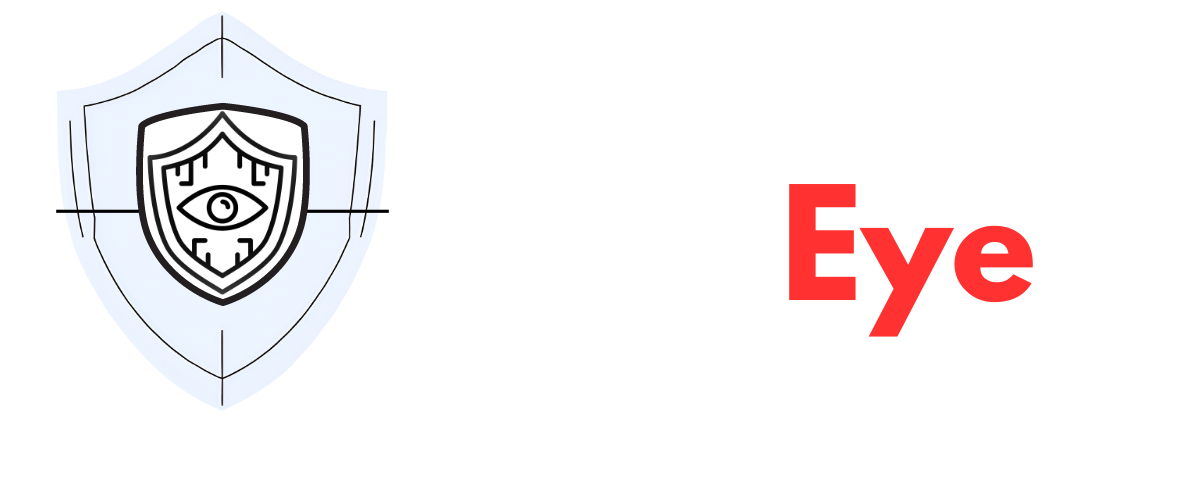CHT NEWS
|
Photo of the |
Desk Report, CHT News
August 8, 2025, Friday
On August 5, 2024, the fascist Sheikh Hasina
government was overthrown in a mass uprising led by students. On August 8, an
interim government led by Dr. Yunus was formed. Today marks one year since that
government assumed power. However, there has been little improvement in the
human rights situation in the country, including in the Chittagong Hill Tracts
(CHT). Over the past year, the CHT has witnessed numerous incidents of human
rights violations such as extrajudicial killings, communal attacks, arbitray arrests,
and invasive searches.
An overview of the human rights situation in the CHT
under the interim government reveals that severe violations, similar to those
during Hasina’s fascist regime, have occurred.
Statistics show that over the past year, six people
have been victims of extrajudicial killings by security forces in the CHT—five
of them from the Bawm ethnic group. Additionally, 72 people were arrested or
detained, 29 (including police personnel) were physically tortured, and at
least 83 homes were subjected to unlawful searches. There were also three
incidents of religious desecration, and two people were injured by
indiscriminate security force’s gunfire.
Student-led democratic movements, such as painting
graffiti, were also obstructed or attacked during this time.
Three Bawm individuals died in prison over the past
year.
During the same period, six people were killed and 37
abducted (including 26 rubber plantation workers in Bandarban) by
military-backed vigilante groups. Two attacks on public gatherings occurred,
injuring two women, including one who was shot.
Seven people were killed and 41 abducted by the Santu
faction of the Parbatya Chattagram Jana Samhati Samiti (PCJSS). One child was
injured in indiscriminate gunfire, and at least 20 people were physically
tortured by this group. There were also incidents of obstruction and attacks on
student-public gatherings in Rangamati.
There were four communal attacks carried out by
security forces and Bengali settlers. Three people were killed by army gunfire
and torture, and one person was killed by settler attacks.
At least 17 women were subjected to sexual violence
during this period. Among them, one woman was raped and murdered, seven were
raped, and nine others were subjected to attempted rape or sexual harassment.
Land grabbing incidents occurred in four locations. In
Bandarban, land grabbers burned down 17 indigenous homes.
The most violent communal attack on indigenous people
under the interim government occurred on September 19–20, 2024, in Dighinala
(Khagrachari), Khagrachari town, and Rangamati. In these attacks, Dhan Ranjan
Chakma was killed by brutal army torture in Dighinala; Junan Chakma, a college
student, and Rubel Tripura, a construction worker, were killed by
indiscriminate army gunfire in Khagrachari; and in Rangamati, college student
Anik Chakma was killed in a barbaric settler attack. At least 138 people were
injured in these incidents. Over 400 shops, homes, and other properties were
burned, vandalized, or looted. After the attack, the Home Affairs Advisor and
two other advisors visited the sites. Although the government formed an
investigative committee, the report has yet to be published.
 |
|
Settlers set fire |
Before the impact of those attacks had subsided, a
schoolteacher in Khagrachari was beaten to death by a mob on October 1,
following an allegation of raping a schoolgirl. In response, settlers launched
another attack on indigenous businesses and homes in Khagrachari town.
Hospitals and various businesses owned by indigenous people were vandalized,
resulting in damages worth more than Tk 130 million. At least six indigenous
people were injured in this attack.
During the past year of the interim government, no
action has been taken against members of the security forces involved in human
rights violations such as killings and enforced disappearances during the
Hasina regime. Instead, those same personnel have continued to carry out
extrajudicial killings, wrongful arrests, illegal searches of innocent
villagers’ homes, and torture. This pattern remains ongoing. Under the guise of
military operations, there have been continuous raids, arrests, home searches,
and harassment in village after village.
The vigilante forces created during the Hasina regime
continue to receive backing from the state. These groups are still committing
murders and other crimes. Meanwhile, Hasina ally Santu Larma has been kept in
his position as Chairman of the Regional Council. His armed group continues to
operate freely, committing murders, abductions, extortion, and various other
crimes with impunity.
In short, Dr. Yunus’s interim government has continued
the same policies of the former fascist regime in dealing with the CHT. By
maintaining military oppression, the conspiracy to eliminate indigenous
communities is still in motion. As a result, even under Yunus’s rule, the
indigenous people of the hills are forced to live in constant insecurity.
—–


